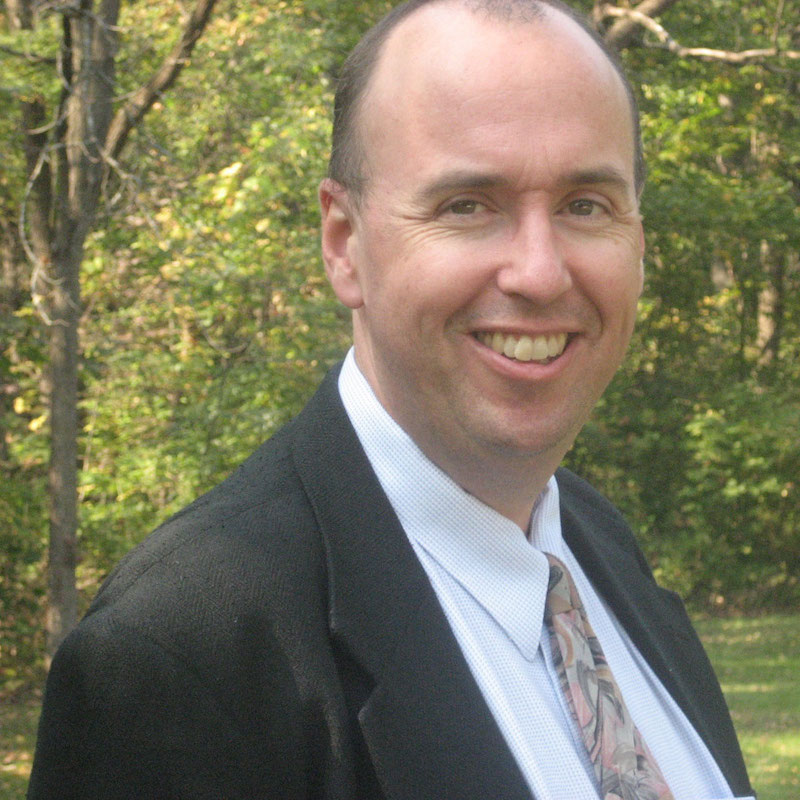With every action there is a reaction. Yet another Black American is killed in police custody, but this time it’s different. Protests break out across the US, in major cities and small towns. Many of them dominated by suburban White folk like myself. But the backlash against the protest is just winding up.

I’m a cancer survivor. My brother and father died of cancer. Just about every year since 2001 I’ve raised money for one cancer organization or another. I practiced law for 16 years. Ten of them were spent at the Connecticut Commission on Human Rights, a government agency that enforces state anti-discrimination laws. For a little over two years I worked for the Legal Clinic for the Disabled in Philadelphia where I provided free legal services to cancer survivors.
For many years I’d like to think I’ve helped cancer survivors in some way. Though I was a civil rights attorney for ten years, I never thought much about societal issues arising from race discrimination. I was focused on the nitty gritty. Was that illegal discrimination or not? If so, can it be proved? What are the damages? Can the case settle?
Mr. Floyd’s murder and its aftermath made me think bigger thoughts. I think it’s hard to dispute America’s Blacks, some more than others, have suffered from systemic discrimination. Many of us suburban White folks have seen this light and have started speaking out, not without some criticism.
A friend of mine is a pastor at a church and I think it’s fair to say he’s become pretty “woke.” His Facebook posts have made me think not only about the current impact of centuries of discrimination, but some of the reactions he and others have gotten. It strikes me how if you talk about and take action to help one group of people, criticism awaits, but not if you speak out and help another group.
Why is it more socially acceptable to help cancer survivors than Black Americans?
A common response to “Black lives matter” is “all lives matter.” After asking for a donation to help cancer survivors, no one told me, “All lives matter, not just those of cancer survivors!” Should I not raise money to help cancer survivors, because I’m not helping everyone? What’s wrong with deciding to help a group of people, not all of us? Should I be targeted for criticism because I’m seen as disloyal to my White tribe, I’m helping people who are different?
One way to justify ignoring the issue is to say a bigger problem is more Black Americans are killed by other Black Americans than by the police. In all the time I’ve asked people for money, no one told me I shouldn’t be helping cancer survivors because more Americans die of heart problems. No one told me instead of raising money for research on lymphoma, I should care more about diabetes because it impacts more people.
Guilt is a big issue. If I didn’t take an active role in oppressing people, why should I care? I did nothing wrong. American Blacks are to blame for their situation, not me! Many Americans increase their risks of getting cancer through bad habits. Should smokers not be treated for lung cancer? Should overweight women be prevented from breast cancer treatment? Cancer causes raise all kinds of money (though not enough) yet many cancer patients ran the risks and lost.
As I understand it “White privilege” is that generally, we don’t suffer negative consequences because of our skin color. Black Americans often do, through no fault of their own. They are perceived as dangerous, they’re more likely to be discriminated against in housing and employment and overall, the police are more likely to pull over Black drivers, Black Americans are 2.5 times more likely to be killed by police and their wealth is a fraction of that of White Americans.
Your grandfather died and left you a lot of money. You learn that it was made through embezzlement. You did nothing wrong, you weren’t the criminal, why not enjoy the money? Should you instead return it to your grandfather’s victims? If White American has been unjustly enriched through illegal, despicable, and immoral actions and decisions over many years, is it too much to ask that we try to level society’s playing field?
It’s a difficult issue, but cancer raises difficult issues too. I doubt very much you’ll be criticized if you raise them.
Rodney Warner, JD is a freelance writer in his 16th year of remission. He enjoys riding his bike through the gorgeous roads of Bucks County and spending time with his family. Rodney is active in supporting his local Gilda’s Club through fundraising events he hosts.